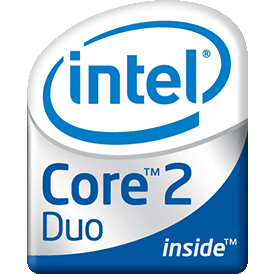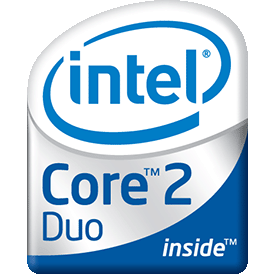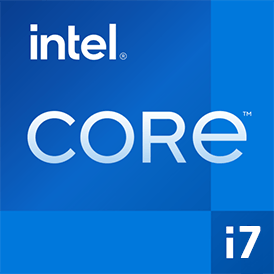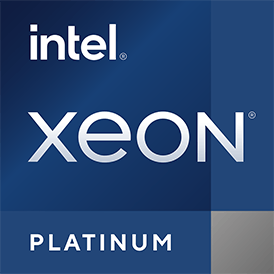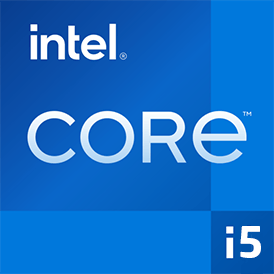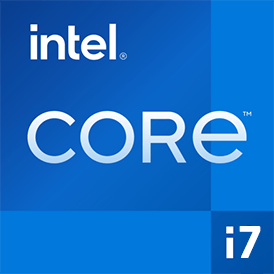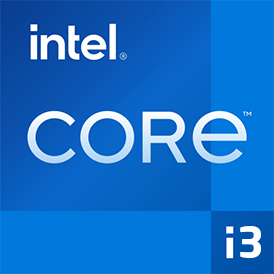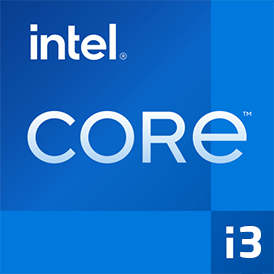Comparison of MSI GeForce GTX 1630 Ventus XS 4G video card vs ASUS Phoenix GeForce GTX 1650 (GDDR6) video card by specs and benchmarks. MSI GeForce GTX 1630 Ventus XS 4G runs at 1.740 GHz base clock speed and has 4 GB of GDDR6 memory, while video card ASUS Phoenix GeForce GTX 1650 (GDDR6) runs at 1.740 GHz base clock speed and has 4 GB of GDDR6 memory. The weight is different, 446 g vs --. The TDP of the first video card is 75 W, and the second is 75 W . Compare the benchmark results to find out which video card is better.


 Russian
Russian  Germany
Germany  Portuguese
Portuguese  Italian
Italian  French
French  Japan
Japan  Spanish
Spanish  Polish
Polish  Chinese
Chinese 

